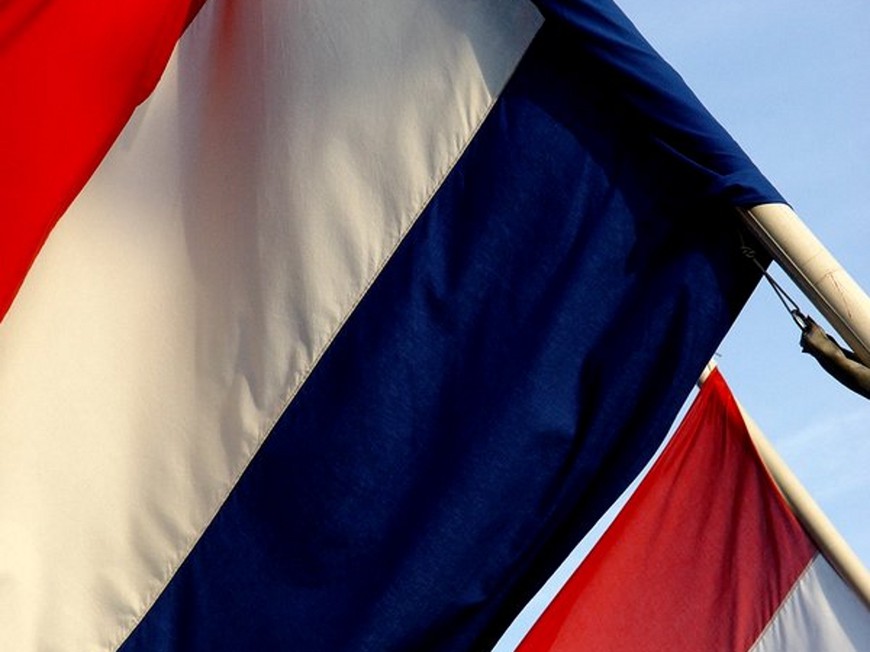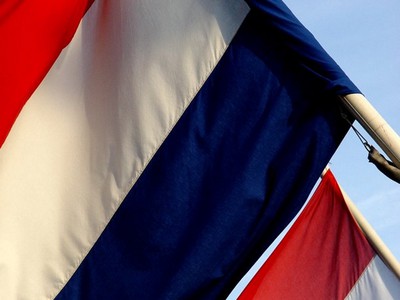

Following recent inconclusive elections, the Netherland’s Prime Minister Mark Rutte has announced a coalition agreement that includes a commitment to introduce national regulation of online gaming.
We will modernise gambling policy. Online gambling, sports betting and poker events will be strictly regulated. This way we expect to prevent the offer of illegally operated games of chance in the Dutch market. Compliance with licence conditions will be strictly enforced.
The new government plans to introduce a gaming tax set at 29% of operators’ gross profits. In June, Kansspelautoriteit, the Dutch Gaming Authority, issued enforcement warnings to what it classified as illegal gaming operators. Those which failed to comply with the warnings will be “actively excluded” from the new regulatory system.
Forty companies received the warnings and approximately half of them took steps to comply, including bwin.party, Unibet and Ladbrokes. The warnings included the incentive that compliant companies would be more likely to be awarded licenses under a future regulatory regime.
Bwin.party will have been particularly sensitive to this as their failure to comply with a similar warning in Belgium has led to the refusal of their license application by the Belgian authorities.
The Liberal VVD party led by Mark Rutte has been a long time supporter of establishing a legal gaming regime in the Netherlands and in this agreement he has managed to secure the support of coalition partners the Labour PvdA.
The agreement also covers plans to privatize state owned Holland Casino (The National Foundation for the Exploitation of Casino Games) which operates 14 brick-and-mortar casinos. The company generates ~€250m in government revenues each year.
The establishment of this national regulation serves to illustrate that an EU wide regulatory framework as envisaged in the EU Commission’s recently published “Action Plan” is still years away from implementation.
Why do the Dutch want their own System?
Holland is the 5th largest economy in the EU with a population of over 16 million. It is seen as one of the financially strongest of the Eurozone nations, but nevertheless has huge financial problems.
A housing bubble has just burst leaving prices at the same level as they were eight years ago. Although Government debt at ~82% of GDP is below the European average, private debt at ~260% of GDP is far in excess of any other European country and much of the population is now in negative equity as in Ireland and Spain.
The coalition government has announced plans to cut €16 billion in government spending by 2017 to eliminate the deficit, by which time their government debt to GDP ratio will be in excess of the commonly accepted 90% danger level. These cuts come on top of an existing austerity program which is reducing spending by €12 billion.
Given this weak economic background, the imperative for the Dutch government is to create a lucrative new revenue stream from taxing online gaming. The decision to tax gross profits rather than wagers is a sensible one in the light of the French and Italian experiences and should mean that online poker will avoid the pitfalls that have prevented the markets from flourishing in those countries.

